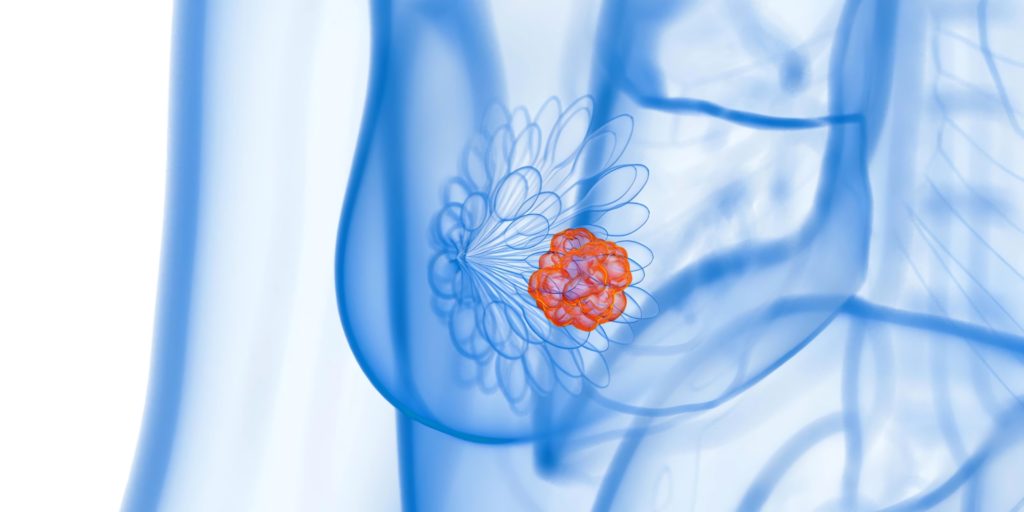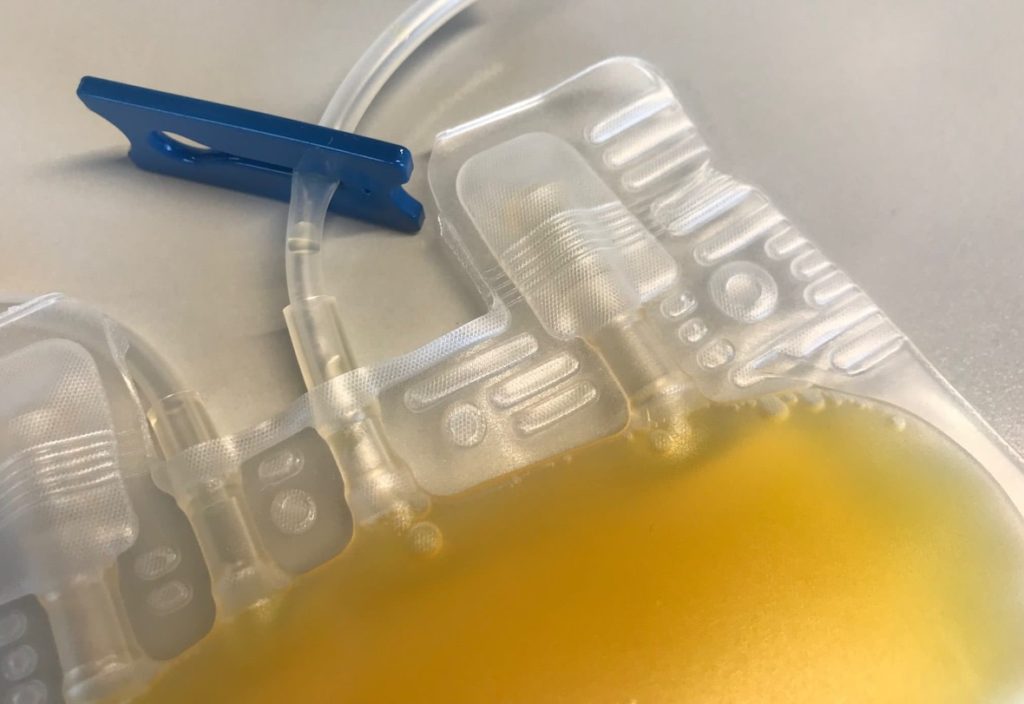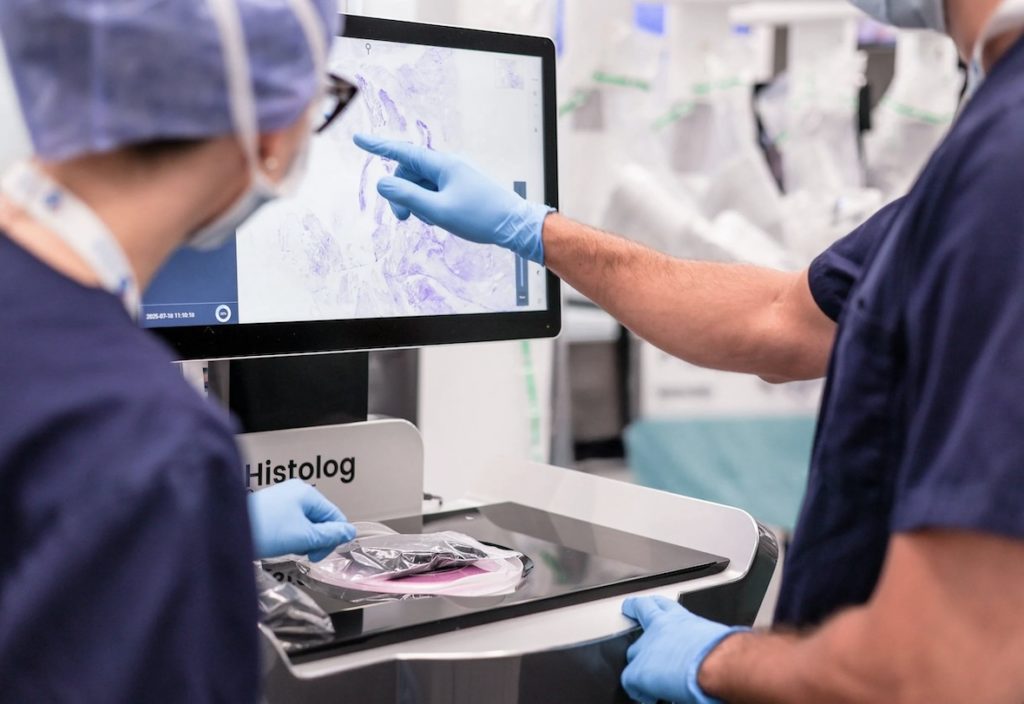
AzureCell Therapies and Myriad Optics awarded by Gebert Rüf Stiftung’s Innobooster programme
11 August 2025
 AzureCell Therapies develops regenerative cell therapies for neurodegenerative diseases, while Myriad Optics creates rapid pathogen detection systems for food safety.
AzureCell Therapies develops regenerative cell therapies for neurodegenerative diseases, while Myriad Optics creates rapid pathogen detection systems for food safety.
Two start-ups from Western Switzerland’s Health Valley, AzureCell Therapies and Myriad Optics, have each been awarded CHF 150,000 through the Gebert Rüf Stiftung’s Innobooster programme, which supports high-potential projects emerging from Swiss universities.
AzureCell Therapies, a spin-off from the University of Geneva, is developing next-generation regenerative cell therapies for Parkinson’s disease and other neurodegenerative disorders. The company’s approach builds on 18 years of research and a portfolio of five patents to produce dopamine-generating neurons from stem cells at scale, while ensuring safety and durability. By engineering these lab-grown neurons to minimise tumour risk and improve survival once transplanted into the brain, AzureCell aims to offer a curative therapy capable of restoring neural circuits and delivering long-lasting benefits to patients.
The start-up recently secured over CHF 1 million in funding ahead of its planned incorporation in Q3 2025, including support from Venture Kick. The Innobooster grant will further advance its production platform, accelerate its transition to good manufacturing practice (GMP) standards, and support clinical development preparations.
Myriad Optics, founded at EPFL, is tackling food safety challenges by dramatically reducing the time needed to detect bacterial pathogens in the food industry. Current testing methods can take up to five days to yield results, delaying interventions and increasing the risk of contamination, waste, and costly product recalls. Myriad Optics’ technology combines Raman spectroscopy and microfluidics to deliver accurate detection within hours, cutting time-to-results by 75–95%. The portable, easy-to-use system aims to improve quality control processes while remaining cost-effective for industry adoption.
Four other university-based projects also received Innobooster grants: ZuriEV (ETH Zurich) is developing a liquid biopsy for early cancer detection; AITHON Robotics (ETH Zurich) is enabling faster and more affordable infrastructure inspection; FireDrone (EMPA) is creating an aerial robot capable of operating in environments up to 200 °C; and Xelerit (ETH Zurich) is building AI-powered software to enhance production line efficiency.

